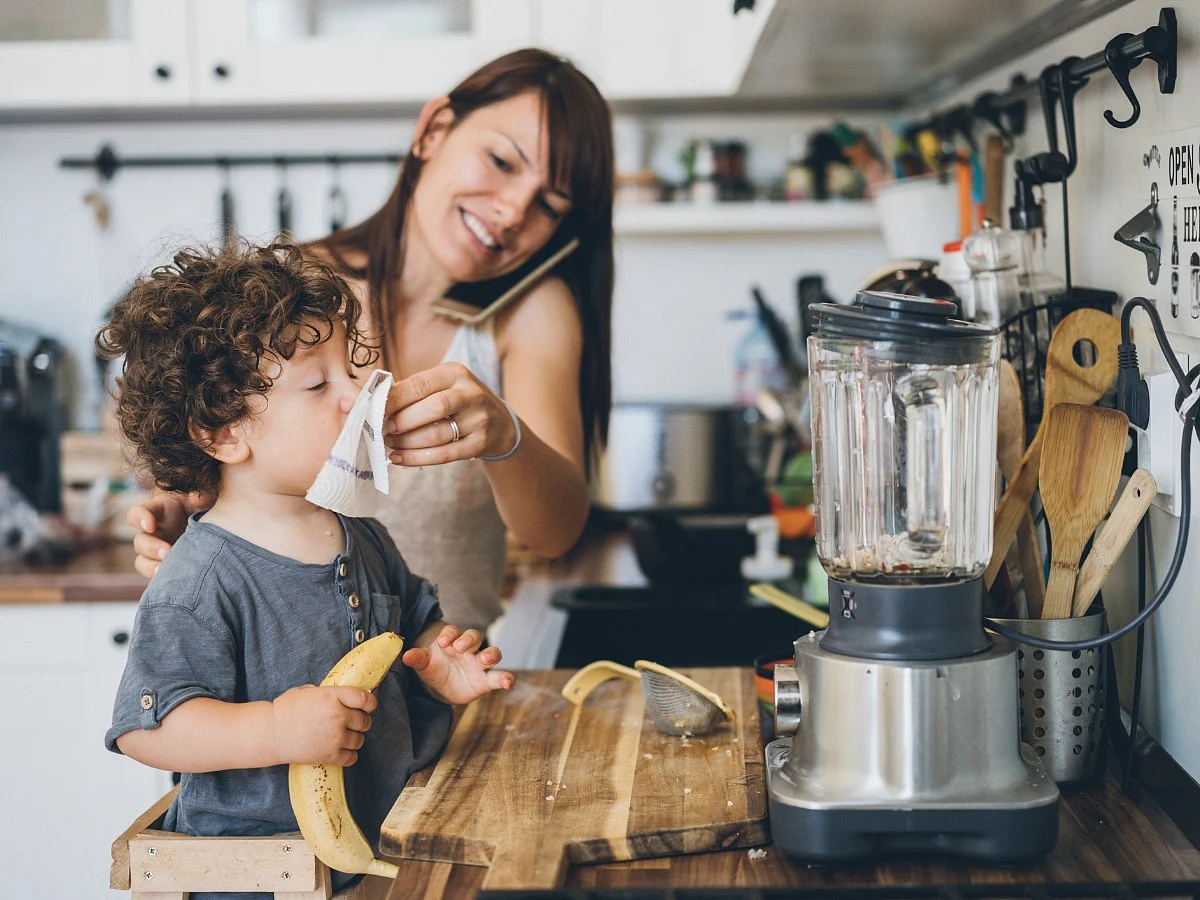Food Allergies Symptoms: How to Prevent Food Allergies In Babies
Check the list of food allergy symptoms and know the tips to prevent food allergies in babies

advertisement
Identifying if your child is allergic to a particular food is a stressful question, and several parents are eager to know the answer, as newborns' food allergies might be challenging to detect. Parents can ensure a positive and safe initiation by adopting a careful approach through early identification, gradual introduction of foods, breastfeeding when possible, label scrutiny, and professional consultation. A few symptoms that might be visible in the allergic child include vomiting, diarrhea, cramps, hives, swelling, eczema, itching, difficulty breathing, wheezing, and lowered blood pressure.
How Do You Get Rid Of Food Allergies In Babies
According to Ms. Kinjal Popat, COO and Co-Founder, of R for Rabbit the following are useful hints for recognizing and preventing food allergies in babies.
Introducing new food: The gradual introduction of single-ingredient, easily digestible foods is recommended, emphasizing a cautious progression to more complex combinations. This promotes healthy development and establishes a positive relationship with food that will endure throughout the child's life. Reading labels diligently is another essential practice, as manufacturers are required to disclose common allergens. Seeking guidance from a pediatrician before introducing solid foods is crucial.
Allergy in family history: If there is a family history of allergies, then as a responsible parent, be extra careful and make informed decisions based on the baby's health. Seek guidance from a pediatrician wherever necessary.
Encountered common food allergens: Look at early signs of allergies, such as hives, rashes, vomiting, or persistent fussiness, which can manifest within hours of consuming certain foods. As the guardians of their child's well-being, parents should be mindful of the common food allergens that often pose a risk, which are eggs, peanuts, citrus fruits, shellfish, and dairy, among others, which are known triggers. Breast milk offers essential nutrients and contains antibodies that bolster the baby's immune system. Exclusive breastfeeding for the first six months protects against potential allergens.
Homemade baby food: Make nourishing baby food at home using wholesome components. Homemade food is pure for your baby, they are healthy and safe to consume. Just remember to have control over what you cook, as advised by a pediatrician.
Keep your helpers informed: If you have housekeepers or a babysitter who looks after your baby at home, give them food instructions, make them aware of potential allergies, and instruct them on how to respond in case of a reaction.
Keep yourself informed, but refrain from consuming too much information from different sources, and avoid doing experiments on your child. In the event of a severe allergic reaction, always have a plan of action. Note that every child has different food preferences, so create meal plans based on your baby's needs and stay in contact with your pediatrician.